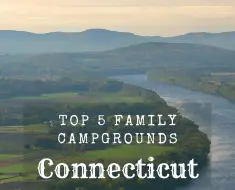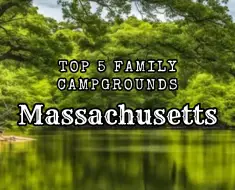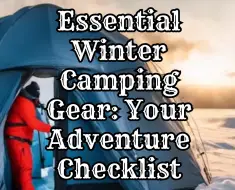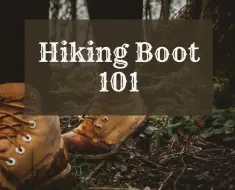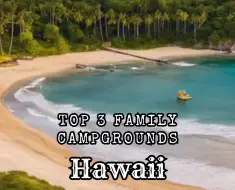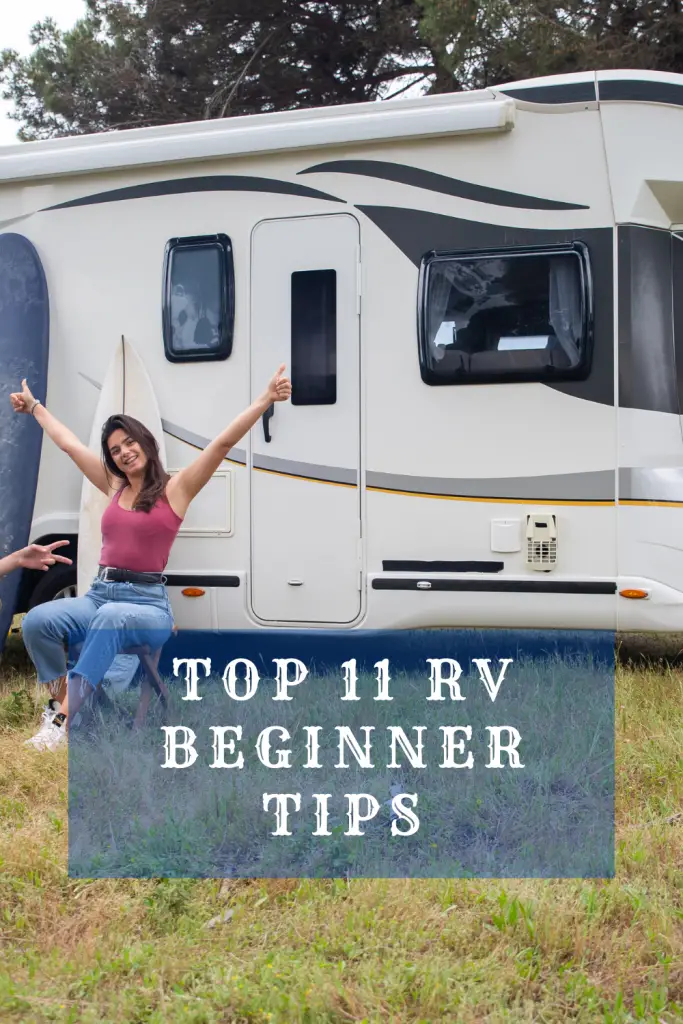
Are you looking for a new adventure? Has your family outgrown the tent that you have been using for the last few years? If this is the case then it may be time to take a new approach to camping outdoors. Instead of relying on that trusty tent maybe it is time to explore the RV option! With so many options out there from different classes, bumper pulls, and fifth wheels, where should you start? Well, this list of 11 RV beginner tips will help you understand how to start camping in an RV. It will also help you identify what you need to do to start your RV hunt. To be fair, the hunt in this case is as exciting as taking the RV out. So get ready to immerse yourself in the world of RV YouTube videos! First, though, take a look through these 11 steps on how to find and camp in an RV!
Is RV Camping right for you? Find your camping style now!
1. Finding an RV: Resources

If you haven’t purchased an RV yet, there are plenty of resources to help you find an RV for sale. Be sure to do plenty of research and examine your budget and options before buying. It is possible to rent an RV, but most people willing to rent an RV will expect you to show that you have driven one before and that you are capable of driving one. RVs have unique braking systems that make driving one of these recreational vehicles very different from driving a car. Be sure to test drive several of these vehicles before choosing one to purchase.
The best tip when starting your RV hunt in our 11 RV beginner tips is to hit YouTube! There are so many videos that show what each RV has to offer that you can tour hundreds of RVs and travel trailers without ever leaving your home!
2. Where to Buy an RV for Camping
There are dealerships specifically for RVs. You can also check out RVs at camping and outdoor expo shows, where you will find plenty of dealers and manufacturers interested in selling you an RV. Also, check online and in classified ads in your area for people who are selling their RVs. There are many large and small dealerships. You need to do your research on the specific dealership that you are looking to do business with. These three are common and large in the US and each has pros and cons. These are provided as references with no affiliation and may be a poor choice in your area. RESEARCH, RESEARCH, RESEARCH!


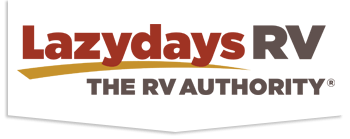
There are more and more used RVs for sale as people purchased them during the height of the COVID-19 pandemic. Now they are realizing that the lifestyle may not be for them. There are some significant deals available if you are willing to be patient and check out many options. However, be careful as private sale owners are less likely to disclose issues so make sure you do a thorough inspection.
3. Where to Rent an RV for Camping
An RV camping guide would not be complete if you did not know where to rent an RV. There are a couple of different ways to do this. You can actually rent a camper at a campsite that stays there all year and does not move. You can rent a camper from a private owner (like an AirBnB for campers), or rent from an RV rental company. Each has its own benefits, like not having to worry about driving an RV you rent at a campsite. The other benefit is not having to deal with RV insurance included with the cost of renting an RV from an RV rental company.
Private owners are the most difficult to rent from, but if you already know how to drive an RV, then this is the least expensive way to go. There are many options out there. For instance, there is even a website and app for private RV owners to rent out their RV.
The most popular site for RV rentals is Outdoorsy.com!
4. Types of RVs for Camping
Learn more about RV lingo in our complete RV Terms list. Knowing these terms is sure to set you up to understand the rest of these 11 RV beginner tips. Here are some highlights of the types of RVs:
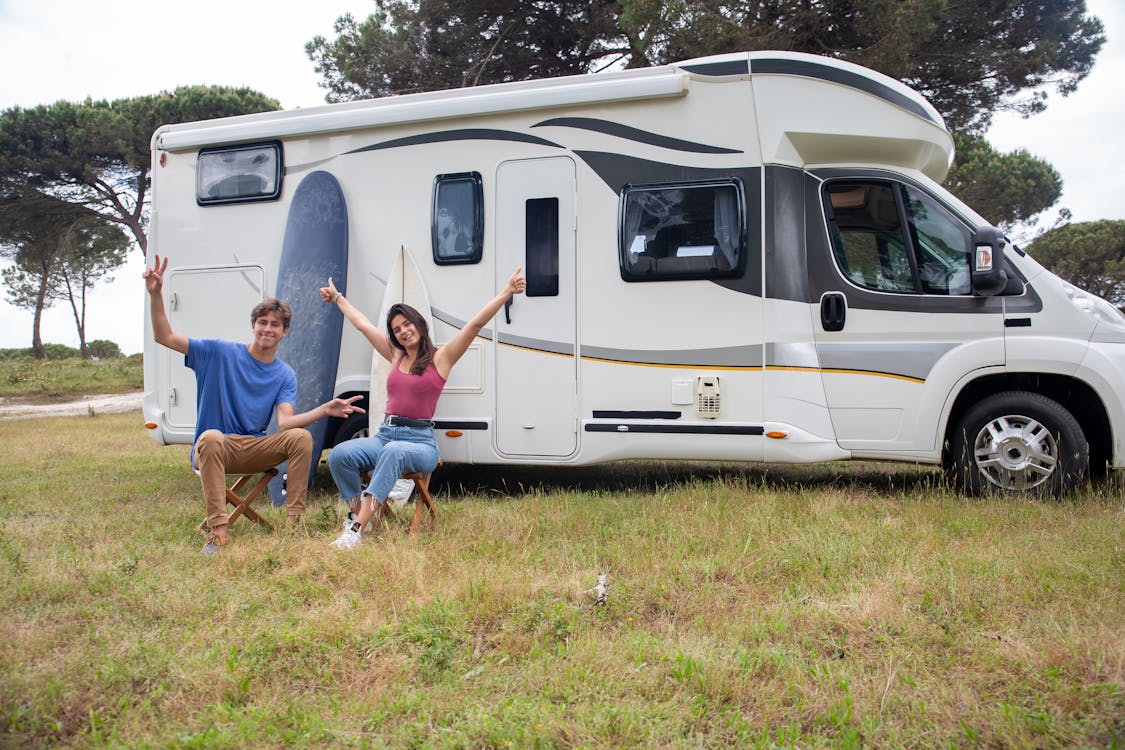
- A pop-up is a tow-behind and is the smallest and most compact type of RV.
- A fifth wheel or fiver has double sets of wheels but no engine and is large enough for about four to five people. It lacks showering amenities, but it does have sleeping and cooking amenities.
- A motorcoach or motor home is the biggest RV. It has all the amenities of a home in one vehicle. There are three classes–A, B, and C.
- A double-wide deluxe motorcoach has fold-out features and extras that make it a very comfortable and posh RV in which to camp.
5. Before You Go RV Camping

Before you go RV camping, you have to have a fully stocked RV. Buy enough groceries and cleaning supplies for at least a few days to a week. This reduces the need to make several stops along the way. Then you have to make sure all of your water tanks underneath are clean to start, and that your clean water tank is full. If you are towing a bumper pull or fiver then avoid filling your tanks till you arrive. The added weight of the water will be detrimental to your fuel consumption.
6. What to Pack

As part of your RV camping guide, you should know what to pack. Clothes, obviously, are important. Pack dry goods, shelf-stable snacks, and canned goods, and if you have a working refrigerator in your RV, have some milk, juice, drinking water, hot dogs, and lunch meat stored in there. Anything you can fit, store, and keep without rotting in your RV, pack. Be sure to include tools to make small repairs, sunglasses, extra shoes and boots, sunscreen, and a few other key essentials.
7. Where to Book a Campsite
AAA and other travel organizations have a wealth of books that tell you where you can take an RV and camp. Their handy RV camping guides to RV campsites all over the country are very useful and it makes it a part of these 11 RV beginner tips. You can read them in advance and then plan ahead by reserving spots weeks in advance. Do research online. Many campgrounds now do online reservations. They include images of the sites as well as full descriptions and potential reviews. Having all of this knowledge at your fingertips will help you make an informed decision.
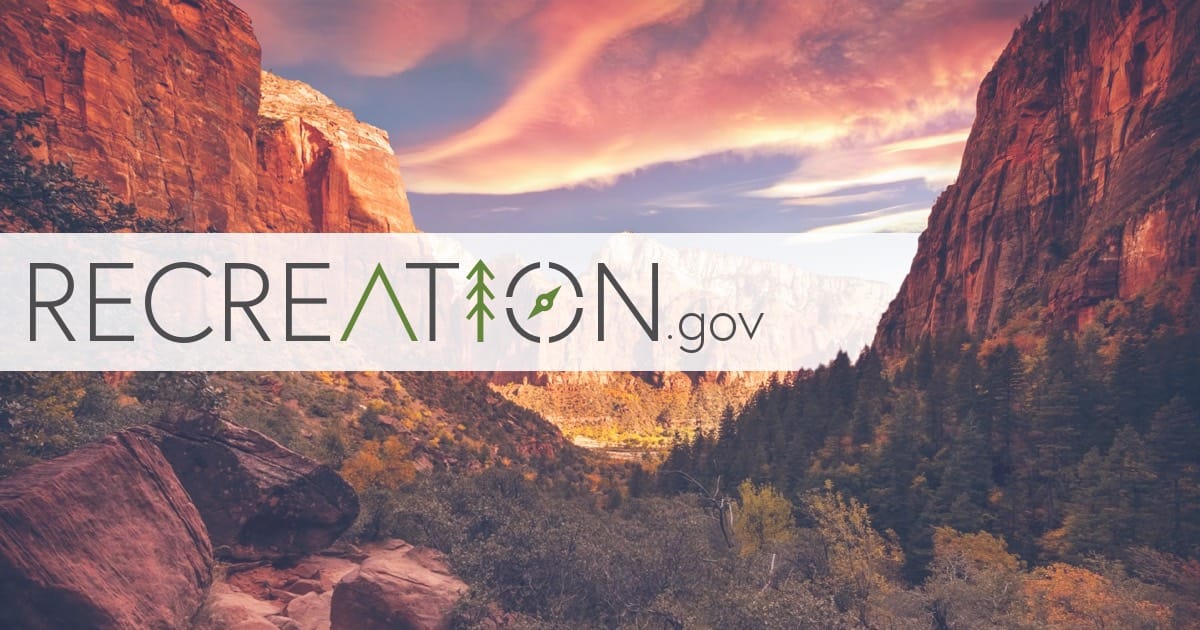
Don’t forget that State and National Parks tend to have excellent and secluded campgrounds even for RVs. They are quieter than a private campground. It is likely you will have more privacy and natural serenity. Not to mention that they put you right at the trailheads for some great hiking. All of this and the cost is significantly lower per night than a private campground. However, many have length restrictions so if you plan to stay in State and National Parks frequently then you must take this into consideration when you rent or buy your RV.
Check out these great family campsites in Alabama!
8. When You Arrive at the RV Campsite/Check-In

You will need to stop at the campsite office to check in. Here is where you will receive info on black water dump stations and how to find your campsite. A brochure with additional check-in info will be provided. If you show up after-hours, you will have to find your campsite on your own and check in with the office in the morning. In either case, stop by the office or ranger station to ensure that you get the lay of the land, understand the regulations, and learn about any activities that will take place during your stay.
9. Setting up Camp/Stabilizing the RV
Park the RV on the concrete slab if provided. If there is no concrete slab, you will have to park the RV on the dirt and set down the stabilizing legs to prevent the RV from tilting in any one direction. If necessary, use a few flat wood boards under the stabilizing legs to prevent the legs from sinking into the mud. Having a good level on hand will help to make sure your rig is level in all directions. Otherwise, you may find yourself rolling off the bed or having the blood rush to your head!
10. Powering up and Hooking up to Water
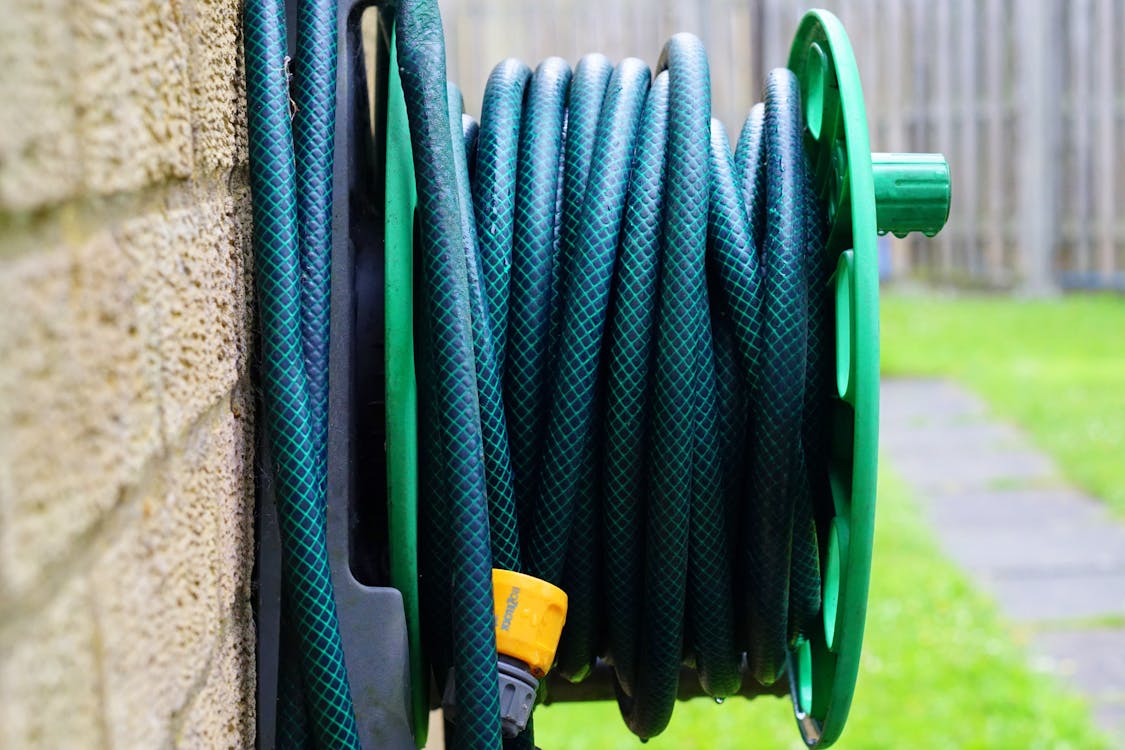
The hookups, when available, are obvious at each RV campsite. Water hookups are akin to hooking up hoses to outdoor spigots, so that is easy enough to do. It is critical that you have a pressure-reducing or regulator adapter and a filter. This will ensure that your water pipes do not have leaks.
Electric hookups take a more knowledgeable approach, but if you follow the instructions in your RV owner’s manual, you will get this too. The most common issue seen on the electrical side is an electrical surge. That is why it is important to have a surge protector. In any event, you can easily plug in using either a 30 or 50-amp connection. Make sure you know the electrical capacity of your RV! Hooking the wrong cable up without the proper adapters could cause issues or damage.
11. Before You Leave/Cleaning up Camp
Campsites are almost always in scenic natural areas. As such, there is an expectation that the campers will clean up after themselves and leave no trace. Be sure to quash a campfire with sand or water to avoid starting a wildfire. Then clean up all your trash and dispose of it in waiting for park receptacles. Additionally, it is a good idea to make use of a black water dump station so that your RV’s black water tank is completely empty before you leave. Some campgrounds can and will fine you if you leave trash behind.

Final Thoughts on How to RV Camp
Now there are obviously hundreds of things that you should know and do prior to beginning your RV lifestyle. However, these 11 RV beginner tips will set you off on the right foot in your hunt for an RV as well as your first trip. Remember to do your research in your RV hunt. Don’t forget to learn all you can about your RV before you ever drive it off the lot! With so much to do as you are contemplating the RV lifestyle, these tips will help to orient you a little more in the process. Knowing how to hook up water and electricity is a must! However, protecting our natural settings is also critical. Don’t forget your campsite etiquette!
Have any other beginner RV Tips? Tell us in the comments below, on our Facebook, or on Reddit!

